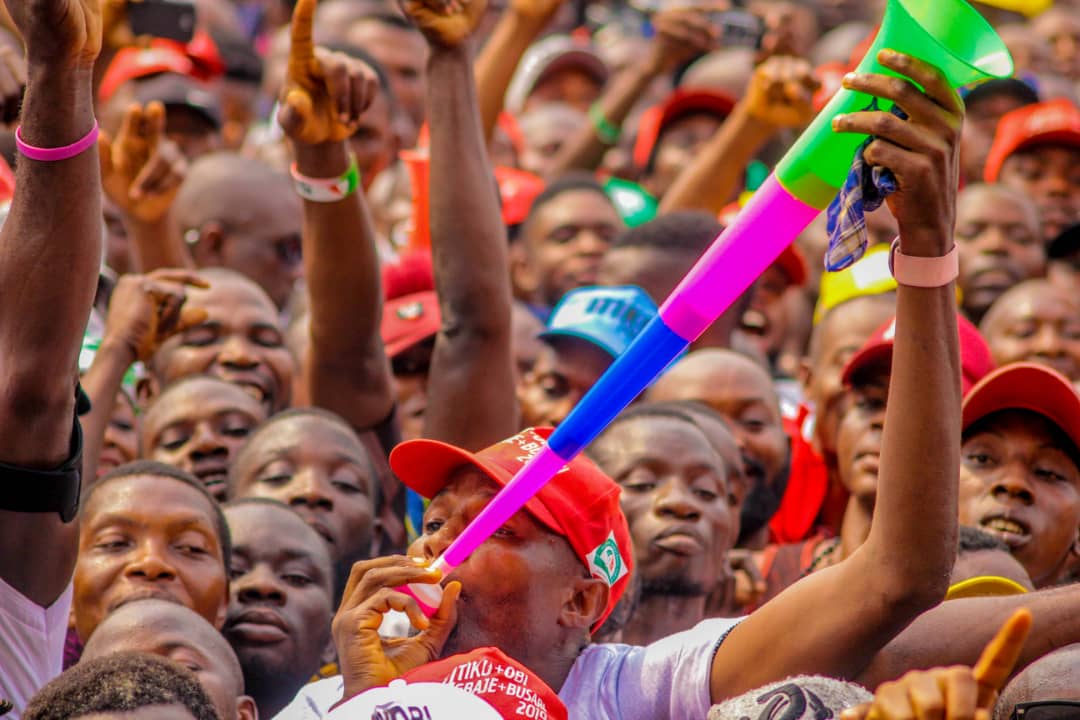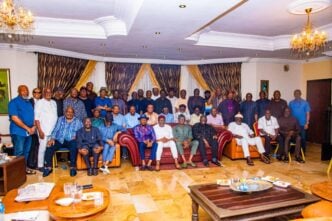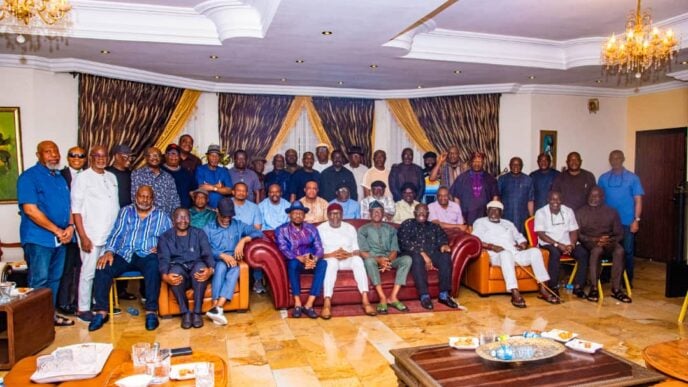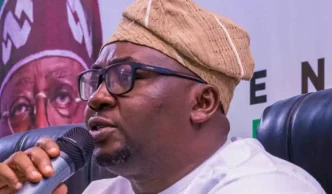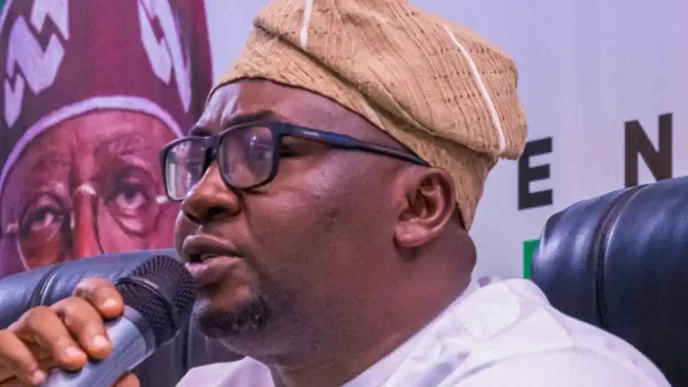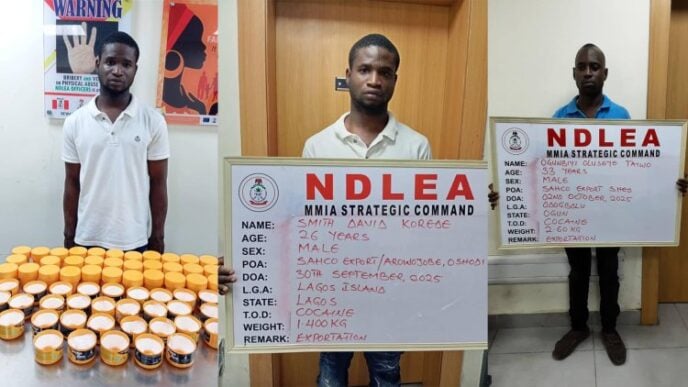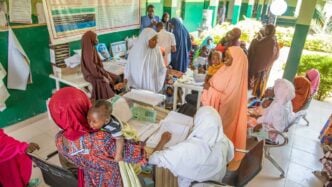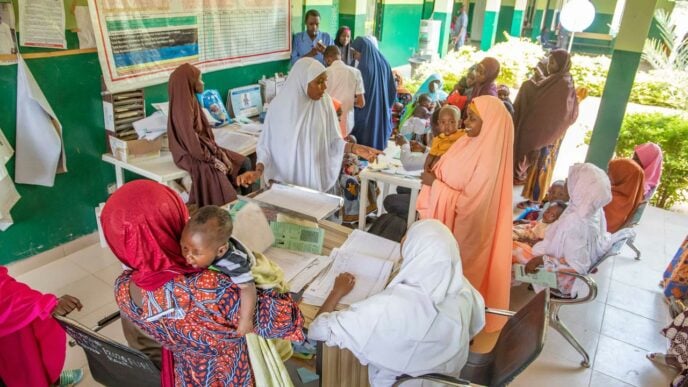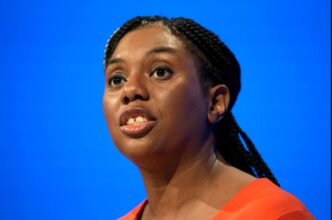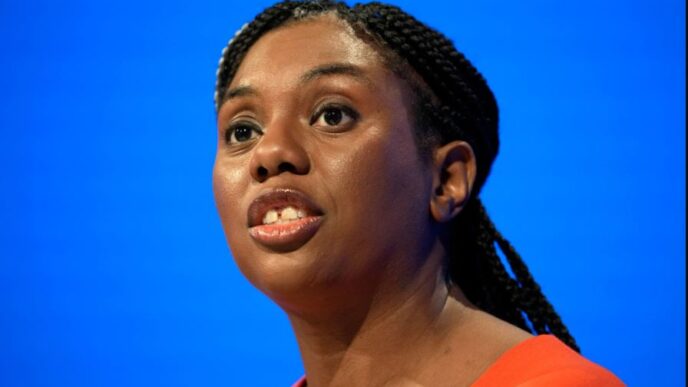As Nigeria prepares for its 2027 general election, a growing concern has surfaced over the surge of early political campaigns that blatantly disregard the legally stipulated timelines.
This trend has sparked criticism from legal experts, civil society groups, and electoral stakeholders, exposing a widening gap between the provisions of electoral law and the realities on the ground.
WHAT CONSTITUTES A CAMPAIGN?
The Electoral Act 2022 provides a clear framework on when political campaigns may officially begin, but it stops short of explicitly defining what activities constitute “campaigning.”
Advertisement
This ambiguity has allowed political actors to exploit loopholes and engage in what many describe as premature politicking.
According to Samson Itodo, executive director of Yiaga Africa, campaigning encompasses any public activity aimed at promoting a political party or candidate. This includes visible displays such as billboards, posters, and public rallies that seek to influence voters.
Femi Falana, senior advocate of Nigeria (SAN) and human rights lawyer, echoed this view, emphasising that campaigning involves any effort to canvass votes or promote political interests, irrespective of timing.
Advertisement
Both experts agreed that political advertising and public promotion conducted outside the legally permitted period amount to illegal campaigning.
THE LEGAL FRAMEWORK: ELECTORAL ACT 2022 ON CAMPAIGN PERIODS
Section 94(1) of the Electoral Act 2022 explicitly states that the official campaign period for political parties begins 150 days before polling day and ends 24 hours prior to the election.
This provision sets a strict window, roughly five months, during which political parties are permitted to engage in public campaigning.
Advertisement
The Act further criminalises campaign activities within the 24 hours immediately preceding polling day, prescribing fines of up to N500,000 for offences such as advertising in broadcast media or newspapers to promote or oppose candidates.
Moreover, Section 95(1) mandates that all campaigns must be conducted in accordance with rules and regulations set by the Independent National Electoral Commission (INEC), underscoring the commission’s regulatory authority.
Despite these clear legal boundaries, the reality on the ground tells a different story. Billboards, posters, and other forms of political advertising litter across Nigerian cities, particularly in the federal capital territory (FCT), often years before the official campaign period.
These activities are widely interpreted as premature campaigns, undermining the spirit of the law.
Advertisement
PREMATURE CAMPAIGNING: A GRAY AREA IN THE LAW
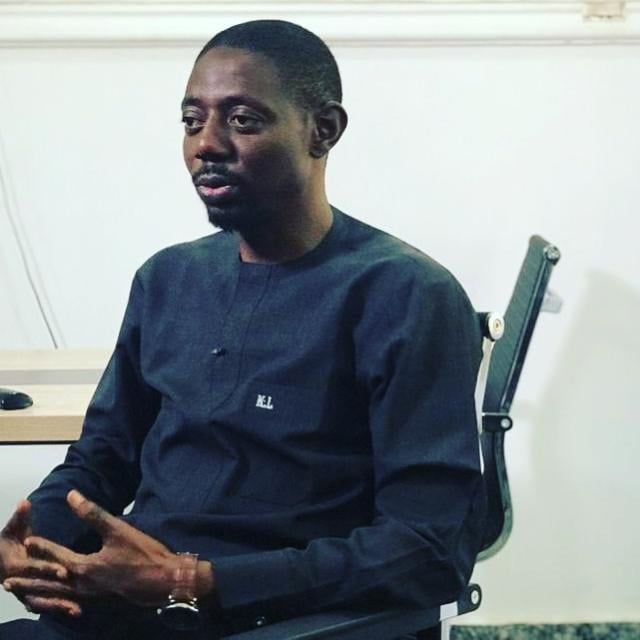
Kunle Lawal, executive director of Electoral College Nigeria, described premature campaigning as one of the “grey areas” within Nigeria’s electoral framework.
Advertisement
He pointed out that while the Electoral Act clearly stipulates that campaigns should commence 150 days before elections, both the constitution and the Act fail to prescribe punitive measures for violators.
This legal gap creates a loophole that politicians are quick to exploit, effectively allowing early campaigns to flourish with little fear of consequences.
Advertisement
Lawal said INEC’s assertion that its hands are tied is technically accurate, adding that the commission cannot act beyond the provisions of the law, and any enforcement without legal backing would amount to an overreach of its powers.
“However, this is precisely why reforms to the Electoral Act remain critical. If there are no consequences for breaching rules, then the rules themselves lose their weight,” he said.
Advertisement
“The bigger danger is that early campaigns tilt the playing field and undermine fairness and stretch resources in ways that disadvantage less financially buoyant candidates. It also keeps the nation perpetually in campaign mode and distracting from governance.”
INEC’S ENFORCEMENT CHALLENGES: IS THE LAW WEAK?
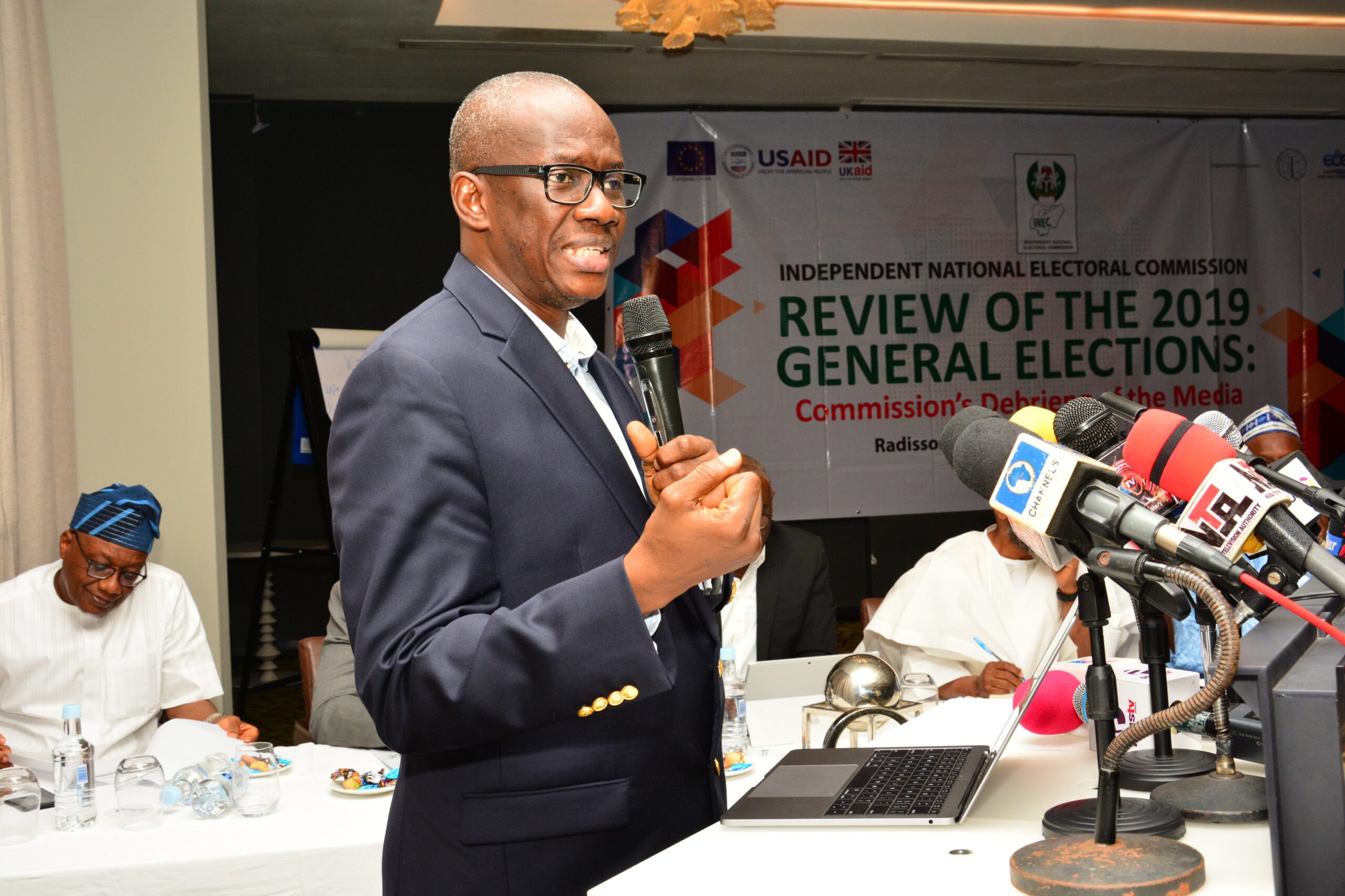
INEC has consistently reiterated its opposition to premature campaigns. In August, the commission held a stakeholders’ meeting where the matter was deliberated, and INEC said it is constrained by law from sanctioning politicians.
Rotimi Oyekanmi, the commission chairman’s chief press secretary, reminded the public that the commission had not yet released the timetable for the 2027 elections, and no party primaries or candidate nominations had taken place.
However, while the commission is empowered to prosecute electoral offences, it lacks investigative and arrest powers, relying heavily on security agencies to enforce the law.
This division of responsibilities has contributed to the persistence of premature campaigns, as security agencies may be reluctant or inconsistent in their actions.
Moreover, the law itself contains loopholes that complicate enforcement. Campaign materials are often sponsored by individuals or loosely affiliated groups rather than official political parties, creating plausible deniability and making it difficult to hold parties directly accountable.
Also, the maximum fine of N500,000 prescribed for violations is widely regarded as insufficient, especially given the scale and funding of many political campaigns. This limited sanction reduces the incentive for compliance and emboldens offenders.
WHAT INEC IS TRYING TO FIX
INEC’s efforts focus on addressing enforcement gaps and ensuring adherence to campaign timelines, but the commission faces significant challenges rooted in both legal constraints and political realities.
Victoria Etta-Messi, director of voter education and publicity at INEC, highlighted a critical issue during a recent interview.
She said incumbents are exploiting their positions to gain undue advantage by commencing campaigns prematurely.
Etta-Messi described the situation as dicey, acknowledging that while INEC has faced criticism for perceived inaction, the commission’s hands are tied by the existing legal framework.
“The point was made that any state you go to, any government in power takes advantage. And again, people are using incumbency benefits to their advantage to the detriment of those not in office,” she said.
This dynamic exacerbates the challenge of enforcing campaign timelines fairly and effectively.
INEC is therefore advocating for comprehensive legal reforms that would introduce explicit penalties for premature campaigning and grant the commission enhanced investigative and arrest powers.
Additionally, the commission is calling for clearer definitions of what constitutes campaigning, adding that it would help close loopholes that politicians currently exploit.
THE REALITY: EARLY CAMPAIGNS AND POLITICAL ADVERTISING
Despite the legal framework and INEC’s warnings, early political campaigns continue unabated. Billboards, posters, and other promotional materials have become a common sight in major cities.
The phenomenon of premature campaigning is not limited to the ruling APC. Opposition parties, including the PDP, have also been reported to engage in early political activities across various parts of Nigeria and on social media platforms.
Itodo publicly condemned these activities, urging security agencies to enforce the law and hold offenders accountable, while Falana described such early campaigns as “totally illegal” and a distraction from governance.
WHAT’S THE WAY FORWARD?
The surge of early political campaigns ahead of Nigeria’s 2027 elections exposes a troubling disconnect between the clear provisions of the Electoral Act and political practice.
Addressing this challenge requires a multifaceted approach. Legislatively, INEC and other electoral stakeholders are calling on the national assembly to amend the Electoral Act to introduce stiffer penalties and empower INEC with the necessary enforcement tools.
Judicially, courts must uphold the law firmly and swiftly against premature campaign violations to deter future breaches.
According to Lawal, equally important is the political will of parties and candidates to respect campaign timelines and prioritise issue-based politics.
In addition, civic education campaigns should sensitise citizens on the importance of adhering to electoral laws and encourage demand for accountability.
Until these measures are implemented, Nigeria’s electoral landscape will continue to wrestle with the tension between legal frameworks and political expediency, undermining the integrity of the democratic process.

